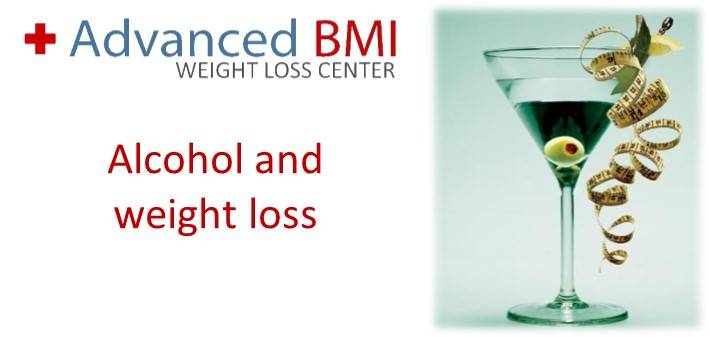It has been a long day. You are stressed out from work, studies, or other responsibilities. All you really want is to call your friends up and meet in your favorite bar or club for a couple of drinks to unwind, have fun, and forget about your troubles. This scenario may sound familiar to many of you, and it is completely healthy for your mental health to take your mind off things at the end of the day. But what you may not be considering is the impact of that night out on your weight. It is okay to have a drink or two every once in a while, but it is when it becomes a daily habit that you should start worrying.
You probably know that alcohol contains sugar and adds unwanted calories to your intake. But did you know that alcohol also temporarily disables your body’s ability to burn fat? Calories from alcohol are not stored in your body the way that calories from food are, so what happens is your body just stops burning altogether for a short period of time until the calories from alcohol have passed through. This leads to the storage of whatever you ate last as fat and is accumulated in the belly.
W e know what you are thinking: does this mean I should never have any alcohol if I want to lose weight? The answer is no, you can still have some alcohol, and we will give you some tips on how to go about it.
Tip 1: Eat when you are drinking
When planning to go out for drinks, many people do not eat much beforehand, thinking that they will be able to drink more if they eat less. But aside from speeding up the absorption of alcohol, drinking on an empty stomach also makes your blood sugar heighten rapidly then crash later and cause you to crave unhealthy foods. So be sure to eat a healthy meal with carbs, protein, and fat before drinking.
Tip 2: Don’t choose fancy cocktails
When at a bar, you are tempted to try the newest blended cocktail made with something you have never even heard of or cannot pronounce. These cocktails look delicious, but they are often loaded with sugars. Have a bottle of beer instead, or a glass of wine or whiskey, which contain fewer calories than the aforementioned cocktails.
Tip 3: Don’t overdo it
A glass of wine a day is good for you, but do not fall for the misconception that you can spend the week without drinking and then have seven glasses in one night. Remember, the more calories you take in from alcohol, the longer the time your metabolism stops until the alcohol is gone. Have a drink or two maximum, sip slowly, and just focus on enjoying the night rather than getting drunk.









